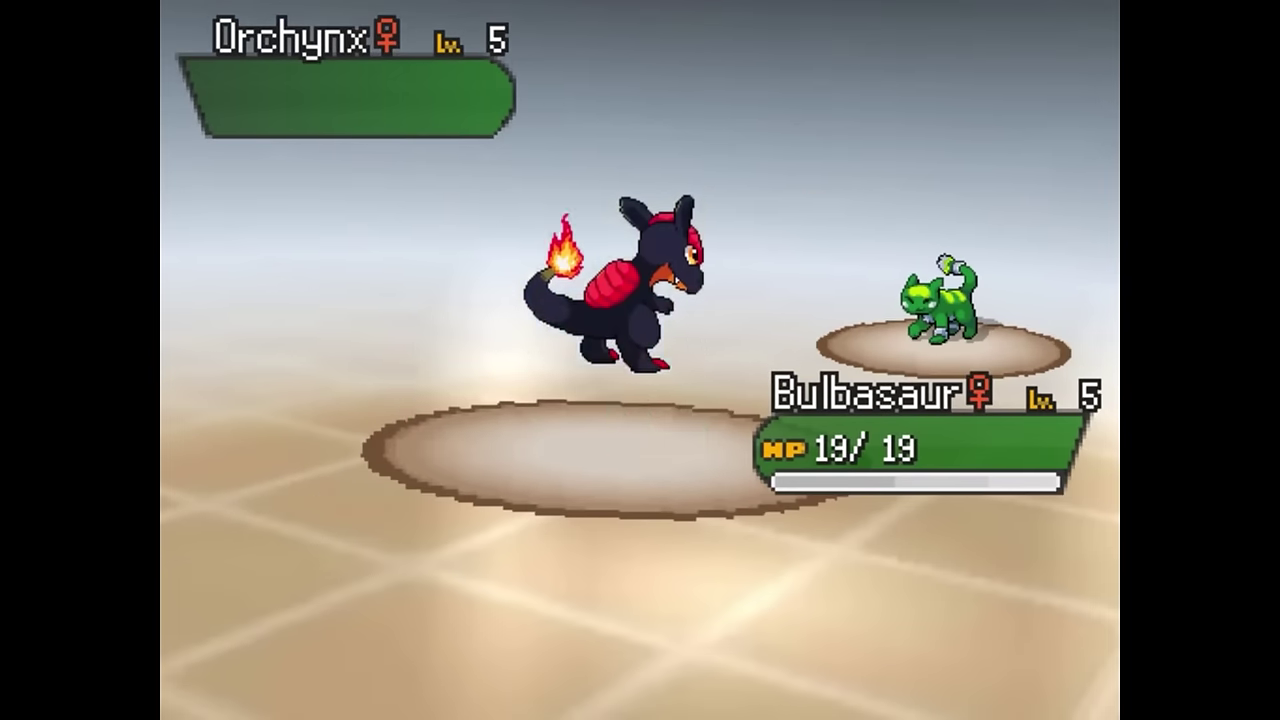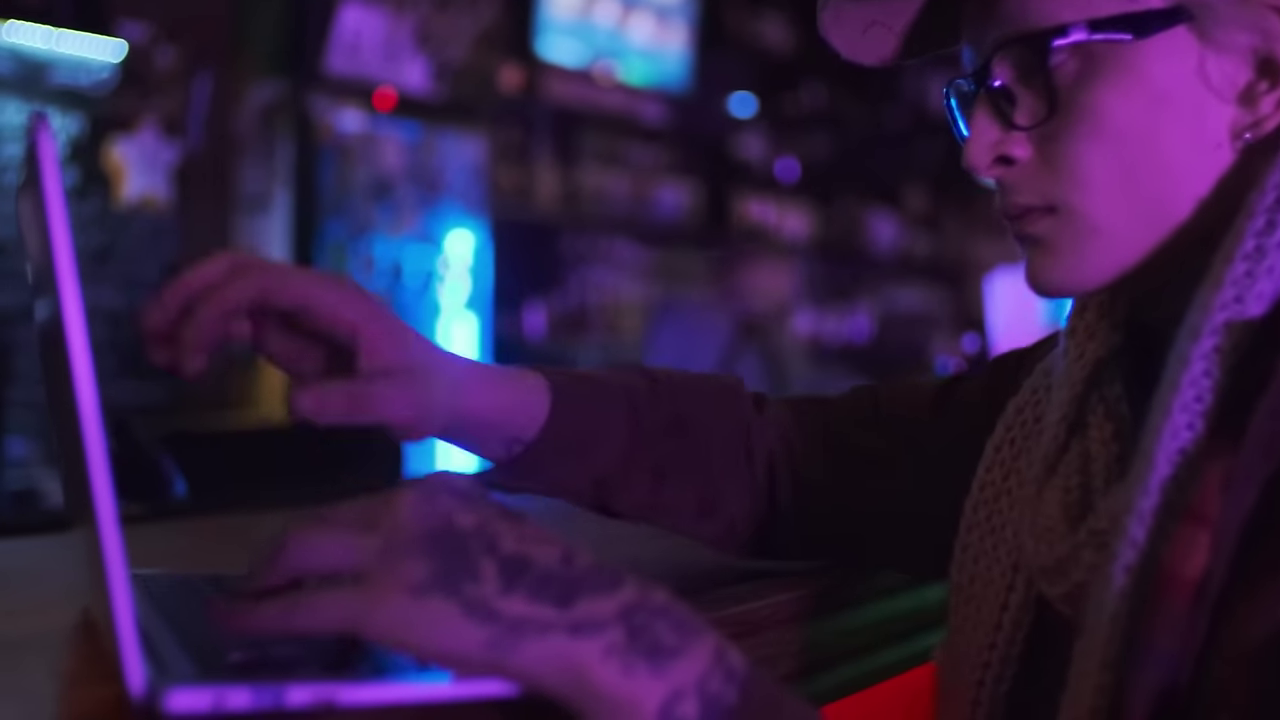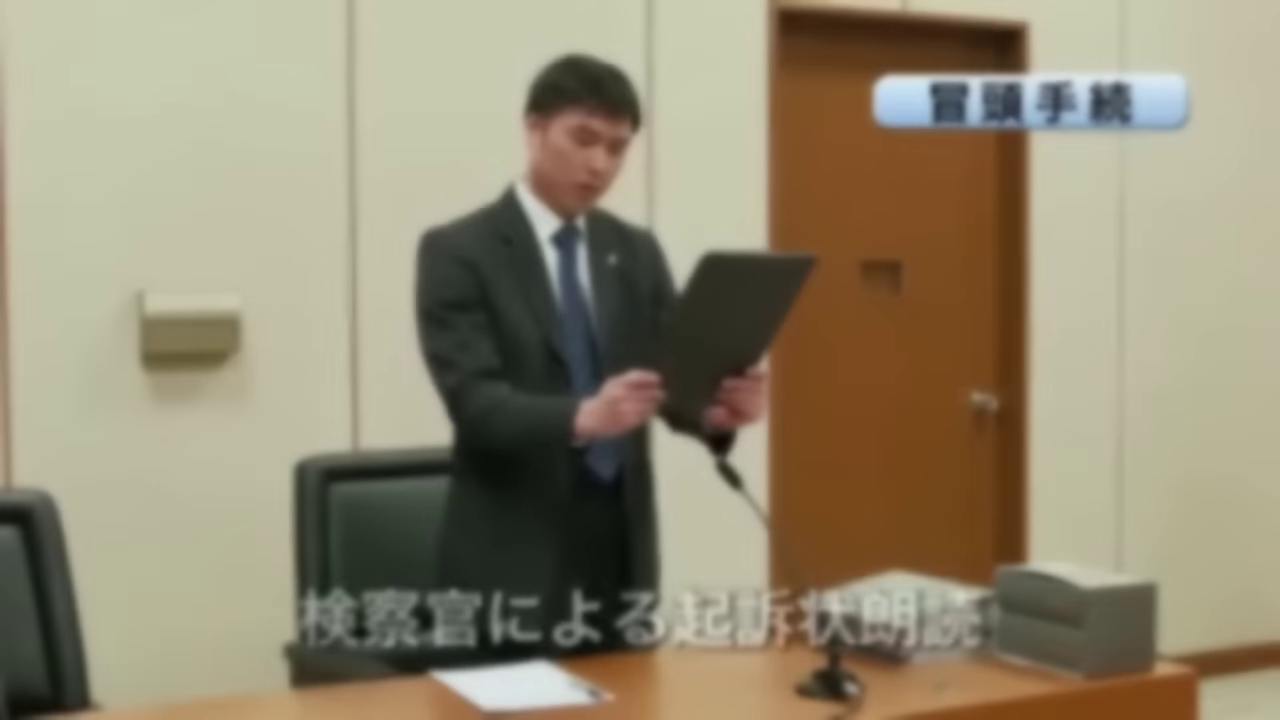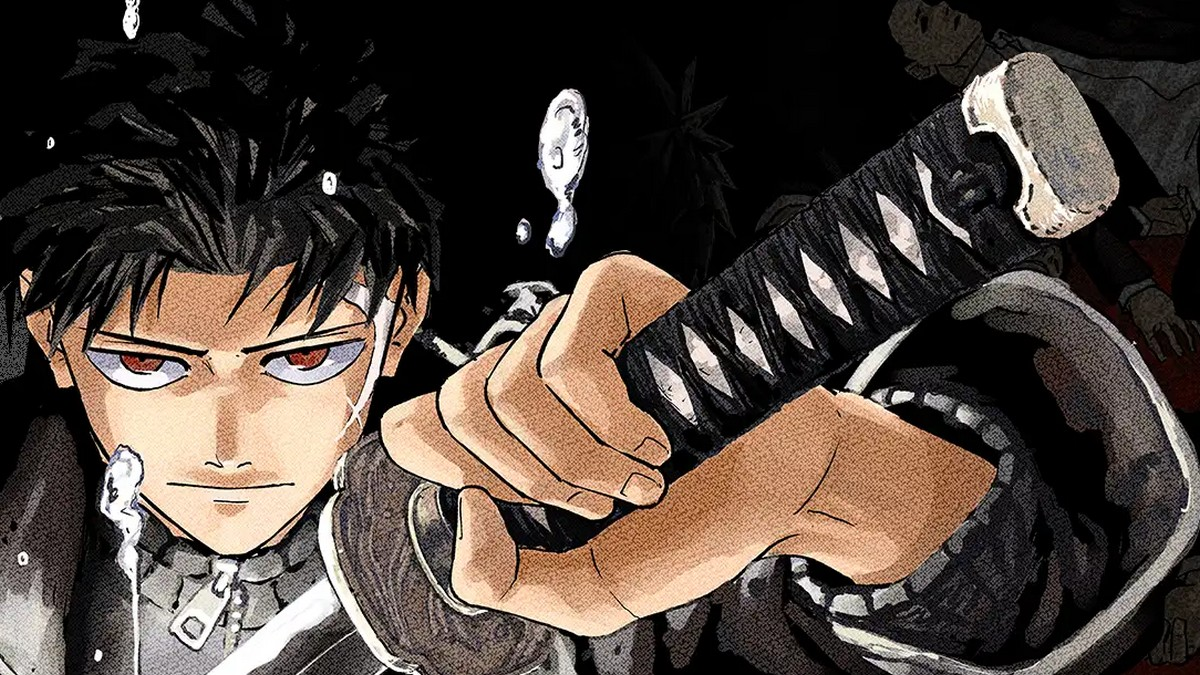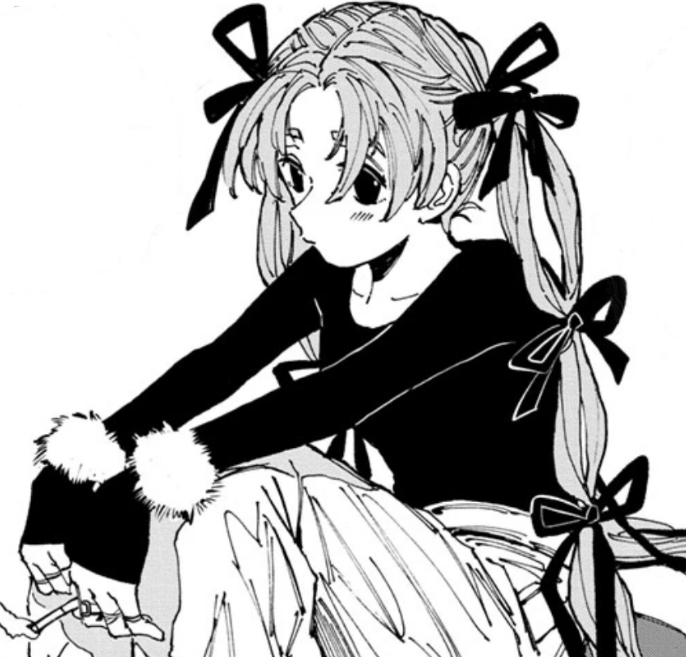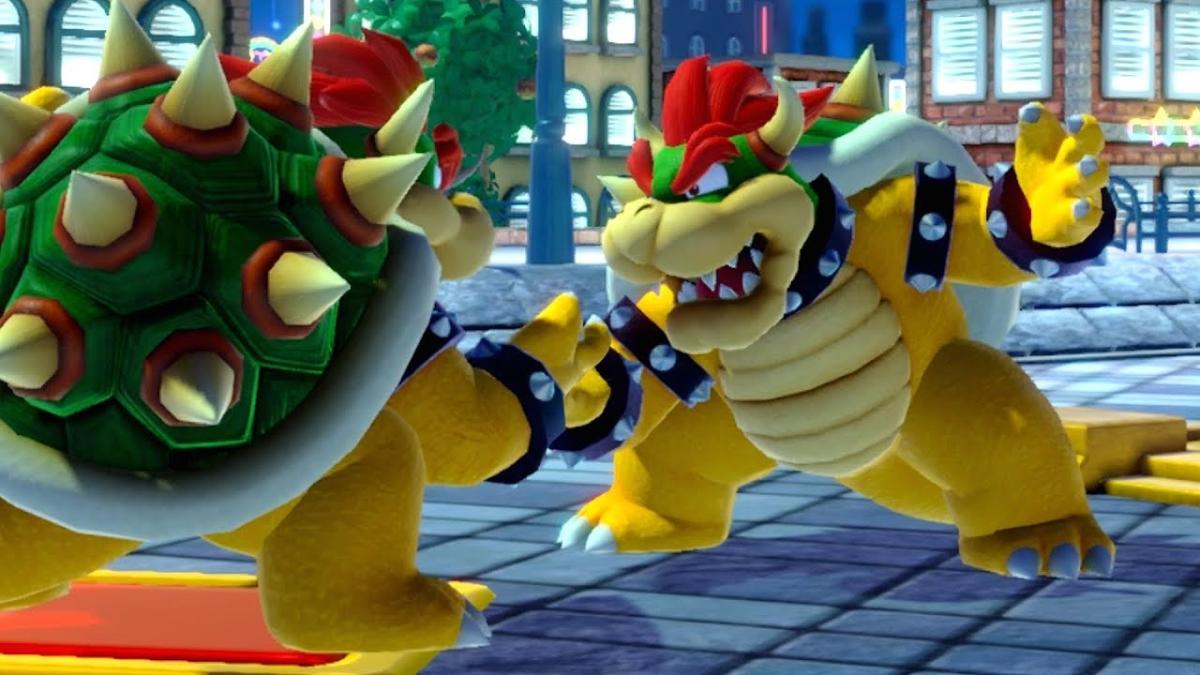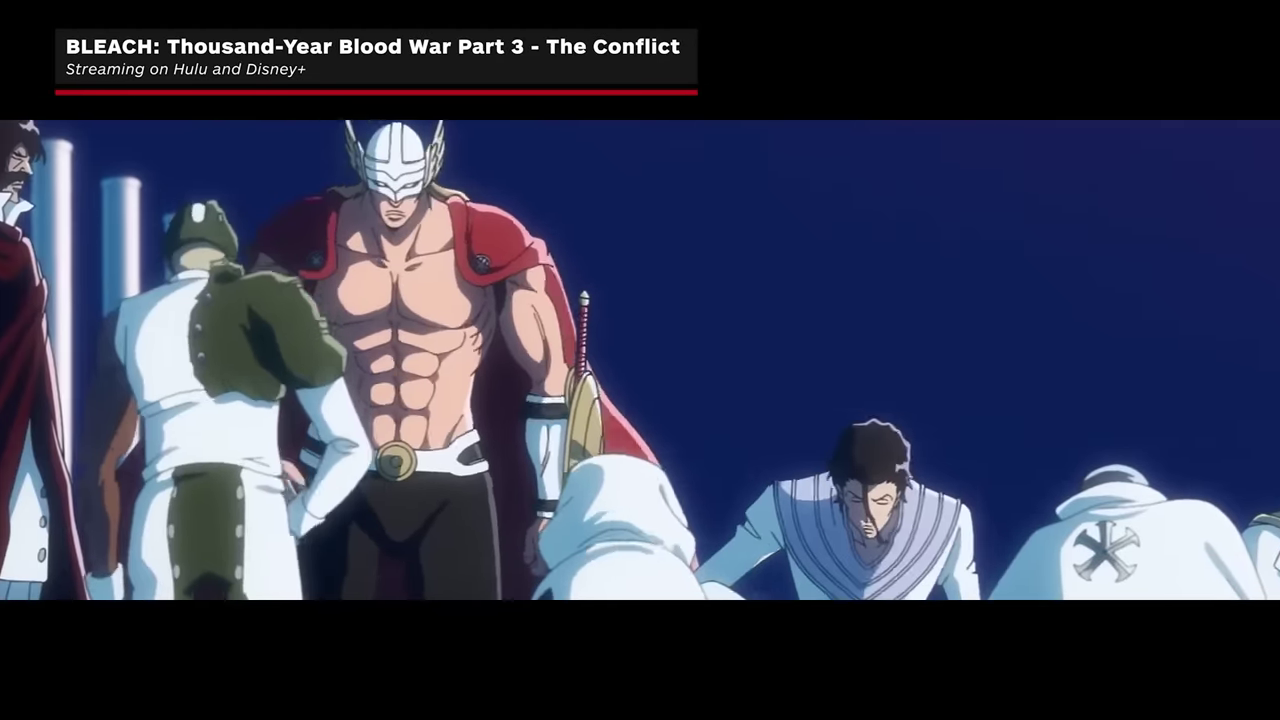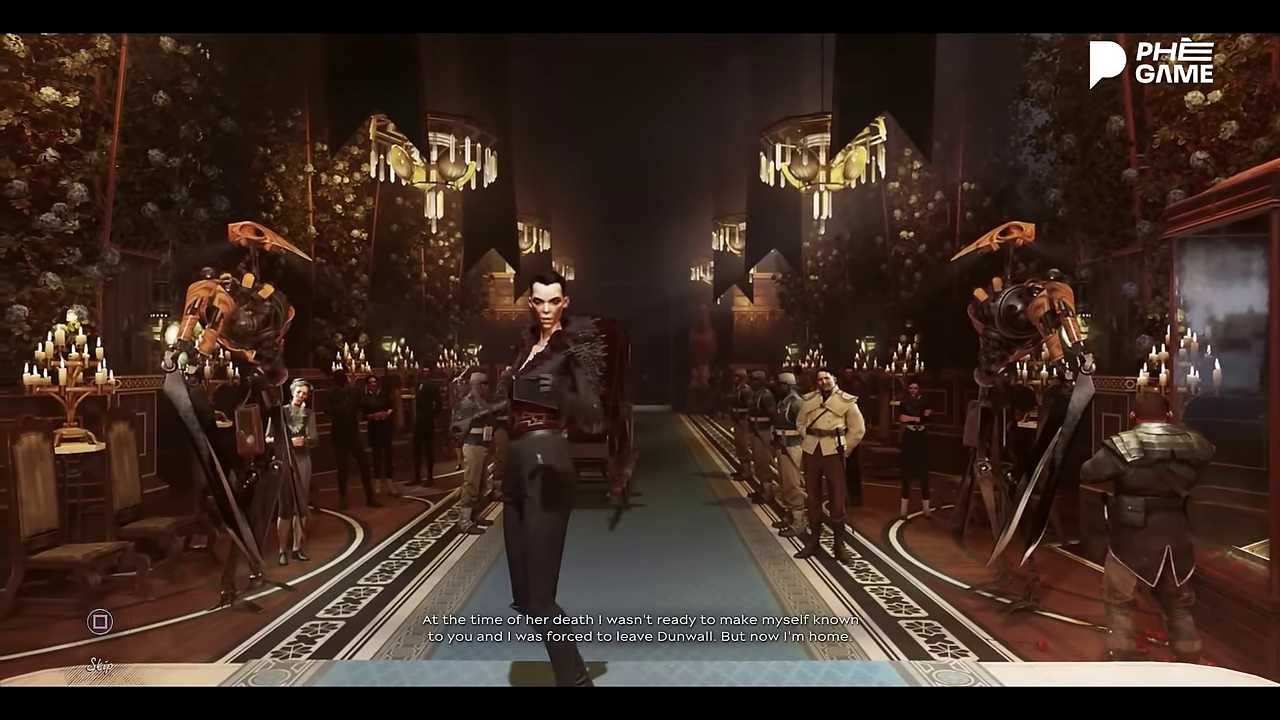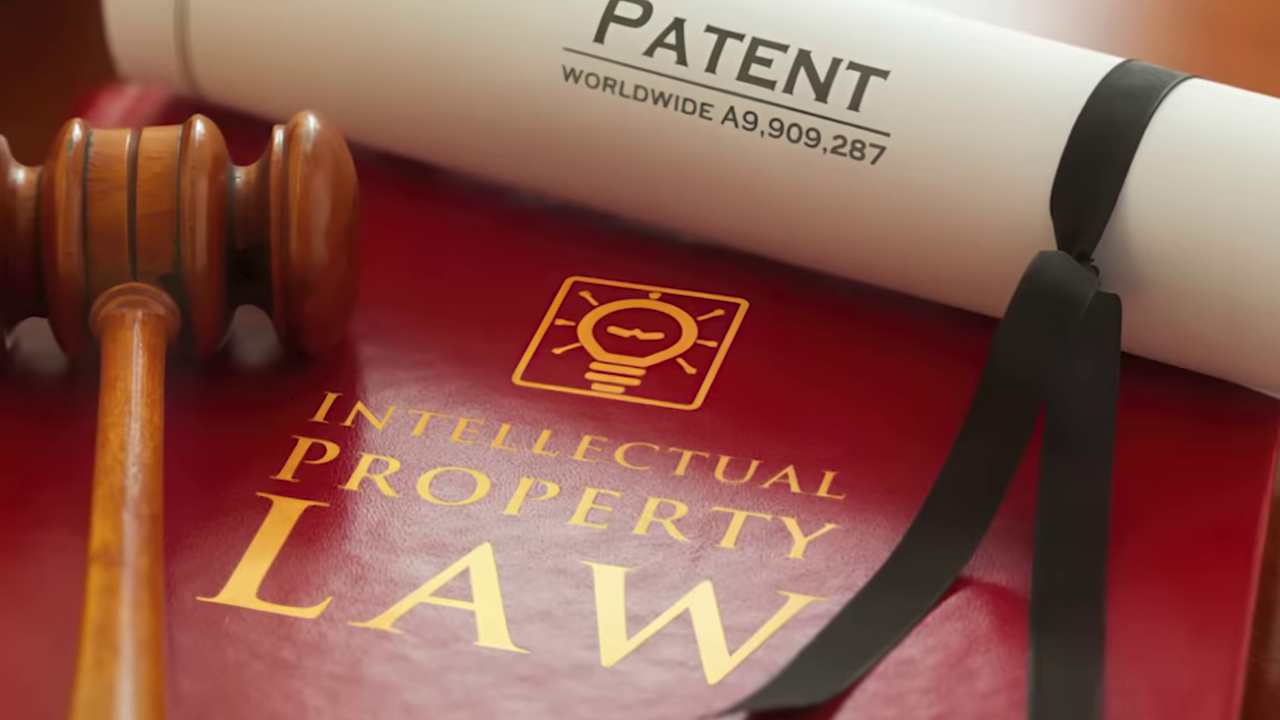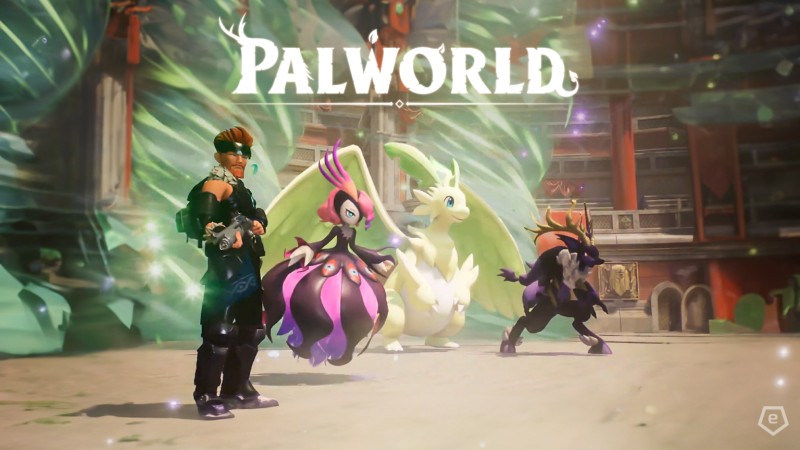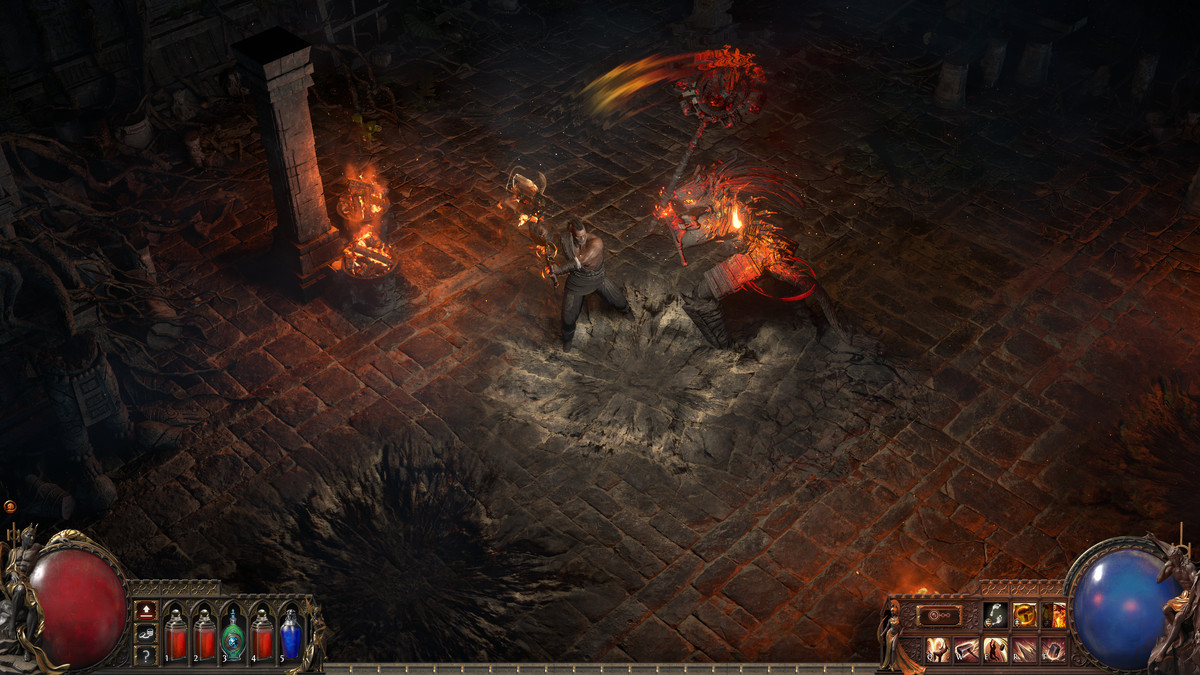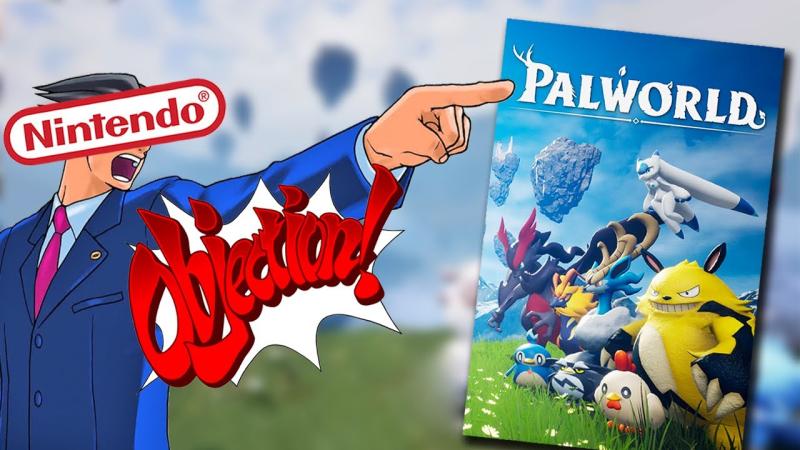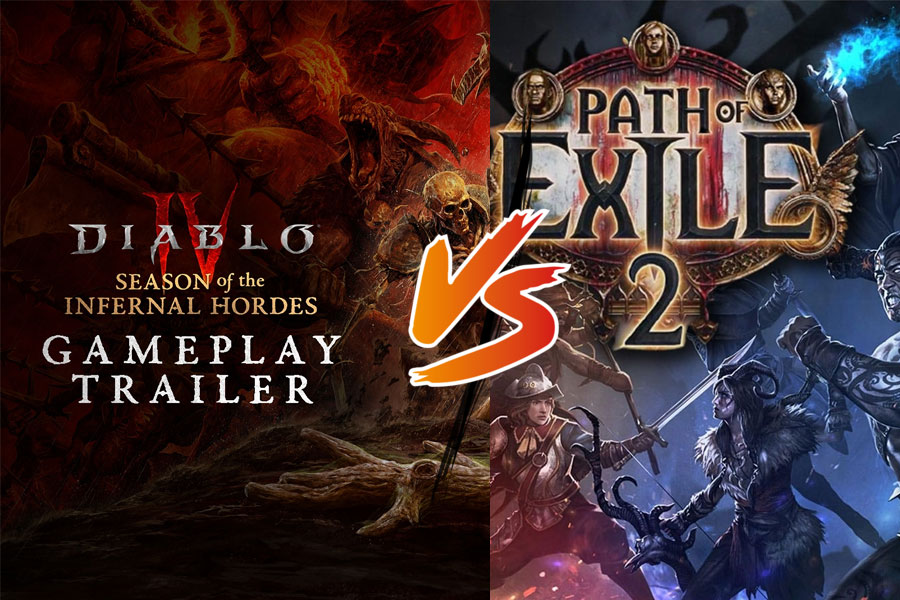Here's the article content with the selected images inserted in appropriate positions:
Nintendo’s Dirty Little Secrets: Lawsuits They Don’t Want You to Know About
Alright, folks, let’s get real for a second. We all love Nintendo, right? I mean, it’s the company that gave us Super Mario, The Legend of Zelda, Pokémon, and countless other games that have shaped our childhoods (and let’s be honest, our adulthoods too). But here’s the thing: while we’re all out here enjoying the nostalgia, Nintendo’s been busy with something else—lawsuits. And not just any lawsuits, but the kind that make you go, “Wait, did they really just do that?”
Yeah, I know. It’s kinda shocking when you think about it. Nintendo, the company that brought us joy, also has a reputation for being super aggressive when it comes to protecting their intellectual property. And by aggressive, I mean they’re like that one person at a party who takes the last slice of pizza and then stares you down, daring you to say something. Except in this case, instead of pizza, it's fan-made games and modding communities.
So, buckle up, grab your favorite snack (maybe not pizza this time), and let’s dive into some lawsuits Nintendo probably doesn’t want you to know about. And trust me, there’s a lot to unpack here.
1. The “Pokémon Uranium” Takedown: A Nine-Year Effort Down The Drain
Let’s start with a fan project that took nine freakin’ years to create: Pokémon Uranium. Imagine dedicating nearly a decade of your life crafting something out of pure love for a franchise, only to have Nintendo swoop in and hit you with a legal hammer so hard, your project gets erased from existence. Yeah, that’s exactly what happened.
So, what was Pokémon Uranium? Well, it was a fan-made Pokémon game that introduced a new region, original Pokémon, and even a nuclear-themed storyline (hence the name). It was a completely fresh take on the series, made by fans for fans. And guess what? It wasn’t even a for-profit project. The developers didn’t make a single dime from it. They just wanted to share their love for Pokémon with the world.
But Nintendo? Oh, they were having none of it. As soon as Pokémon Uranium started gaining traction online and receiving positive reviews, Nintendo dropped the legal hammer like Thor on a bad day. Cease-and-desist letters were sent, and the game was taken down faster than you could say, “Pikachu, I choose you!”
Now, here’s the kicker: the fans were pissed. Like, really pissed. A lot of people saw this as a direct attack on fan creativity. I mean, it’s not like the developers were trying to compete with Nintendo. In fact, they were celebrating Pokémon! But Nintendo has this thing about fan projects—if it’s not official, it’s gotta go. And honestly, it’s a bit heartbreaking.
Nintendo takes down Pokémon Uranium, a fan-made game developed over nine years.
My Two Cents:
Look, I get it. Intellectual property is a big deal, and Nintendo has every right to protect their brand. But come on! This was a passion project made by fans, for fans. It wasn’t hurting anyone, and it definitely wasn’t taking money out of Nintendo’s pockets. Would it kill them to just let fans express their love for the franchise? I mean, Sega does it, and they seem to be doing just fine!
2. The “Nemos” Case: When Nintendo Went Full Spy Mode
Alright, if you thought the Pokémon Uranium takedown was bad, let’s talk about the time Nintendo went all James Bond on a hacker named Nemos. This guy was basically a modder who found a way to bypass Nintendo’s security on the 3DS, and instead of just sending him a cease-and-desist letter, Nintendo decided to go full-on covert ops on him.
Nintendo actually hired private investigators to dig into this guy’s life. I’m talking about serious surveillance. They were basically stalking this dude, trying to gather as much information as possible. Why? Well, Nintendo had two options here: either convince him to work with them (you know, like a “join us or die” kind of situation) or hit him with a lawsuit so big, he’d never dare touch a 3DS again.
And guess what happened? Nemos just disappeared. Like, poof, gone. He vanished from the modding community, and no one really knows what went down behind the scenes. Did he take a deal with Nintendo? Did he get scared off? Did he go into hiding like some sort of underground modding legend? Who knows. But what we do know is that Nintendo went to some seriously shady lengths just to stop one guy.
Nintendo
My Two Cents:
Okay, this one’s just wild. Like, hiring private investigators? Really, Nintendo? I get that modders can be a thorn in the side of big companies, but this feels like overkill. It’s one thing to send a cease-and-desist letter; it’s another thing entirely to go full-on spy mode. It’s almost like they’re saying, “We’re watching you... always watching.” Kinda creepy, don’t you think?
3. The Kobel Case: The Battle Over Control Mechanisms
Now, let’s shift gears a little and talk about a lawsuit that didn’t involve fans or modders, but rather another game development company. This one’s all about patents, specifically a control mechanism that a company called Kobel had patented. Nintendo, being the smart business they are, saw this patent and went, “Hmm, yeah, we want that.”
But instead of just trying to work out a deal with Kobel, Nintendo decided to go the legal route. They sued Kobel, claiming that they had infringed on Nintendo’s patents, and things got messy. The legal battle dragged on for years, with Nintendo constantly upping their demands for damages. It was like watching two kids fighting over a toy in the sandbox, except this toy was a control mechanism, and the sandbox was a courtroom.
Eventually, the two companies reached a settlement. Kobel agreed to pay Nintendo, but they also got to keep working on their projects. So, I guess it was a win-win? Well, maybe not for Kobel’s bank account.
Nintendo
My Two Cents:
This one’s a bit more understandable because it’s a business-versus-business situation, but still, it’s a reminder of how cutthroat the industry can be. Nintendo’s not just out here suing fans; they’re also going after other companies when they feel like their turf is being threatened. It’s like they have this “don’t mess with us” mentality, and they’re not afraid to flex their legal muscles when they need to.
4. ROM Sites: Nintendo’s War on Emulation
Oh boy, if you’ve ever dabbled in the world of emulation, you probably already know that Nintendo has a serious vendetta against ROM sites. For those who don’t know, ROM sites host downloadable versions of old games (you know, the kind you used to play on your SNES or Game Boy). And while some companies are more lenient about emulation, Nintendo has been on a crusade to take down every ROM site they can find.
One of the most infamous cases involved a site called LoveROMS, which was run by a husband-and-wife duo. Nintendo sued them for a whopping $12 million, essentially bankrupting them. The lawsuit was brutal, and it served as a clear message to anyone else thinking about hosting ROMs: Don’t. Even. Think. About. It.
I get it—emulation is technically illegal because it involves distributing copyrighted games. But here’s the thing: a lot of these games aren’t even available for purchase anymore. So, for many people, emulation is the only way to play them. It’s not like Nintendo is losing money on games they haven’t sold in decades, right?
My Two Cents:
I understand that Nintendo needs to protect their IP, but $12 million? Against a small ROM site run by two people? That just feels excessive. I mean, couldn’t they have just asked them to take the site down? I’m all for supporting developers and buying games legally, but sometimes it feels like Nintendo’s going after the little guy just because they can.
5. Joy-Con Drift Lawsuits: When Controllers Betray You
Ah yes, the infamous Joy-Con drift. If you own a Nintendo Switch, chances are you’ve experienced this frustrating issue where your Joy-Con starts moving on its own, even when you’re not touching the controls. It’s like your character develops a mind of their own and decides to go on a walkabout in the middle of a boss fight. Not cool, Joy-Con. Not cool.
Naturally, people were pissed, and multiple lawsuits were filed against Nintendo for selling defective controllers. One of the more notable cases was a class-action lawsuit in the US, where plaintiffs argued that Nintendo knew about the defect but continued to sell the controllers anyway. Nintendo has since offered free repairs for Joy-Con drift, but that hasn’t stopped the lawsuits from piling up.
My Two Cents:
Look, I love my Switch, but Joy-Con drift is a nightmare. It’s one of those things that makes me want to throw my controller across the room (but then I remember how expensive they are). I think Nintendo should have addressed this issue way sooner, and the fact that it took a class-action lawsuit to get them to offer free repairs is pretty telling. Come on, Nintendo, you’re better than this!
Final Thoughts: Nintendo's Legal Sword
At the end of the day, Nintendo is a business, and like any business, they have to protect their intellectual property. But sometimes, it feels like they take things a bit too far. Whether it’s going after fan projects like Pokémon Uranium, spying on modders like Nemos, or bankrupting ROM sites, Nintendo has shown time and time again that they’re not afraid to flex their legal muscles.
As a fan, it’s tough to see the company we love go after the very community that supports them. We’re not asking for much—just a little bit of leniency when it comes to fan-made content and emulation. After all, we’re the ones who grew up with these games, and we’re the ones who keep coming back for more.
So, what do you think? Is Nintendo justified in their legal actions, or are they going too far? Let me know in the comments below—let’s get a conversation going!
Until next time, folks, stay awesome, stay creative, and may your Joy-Con never drift!
